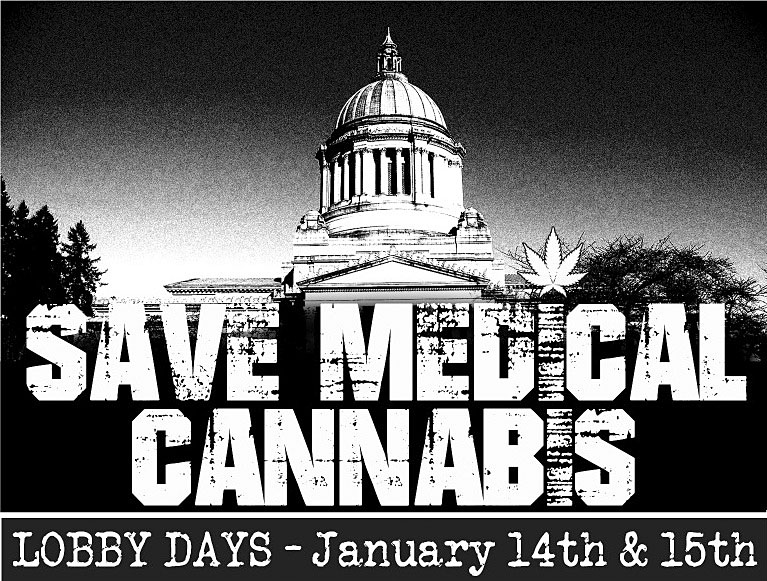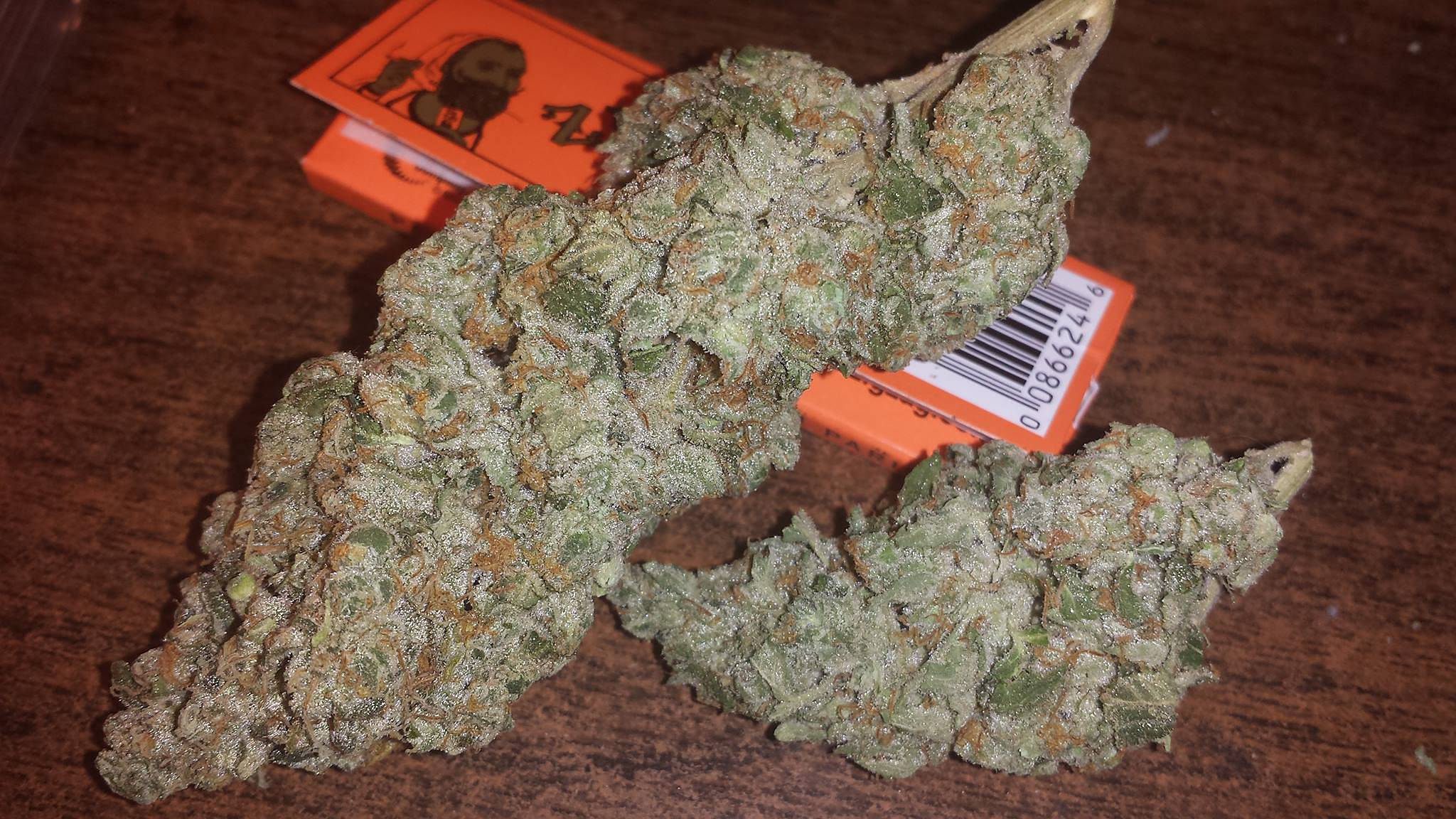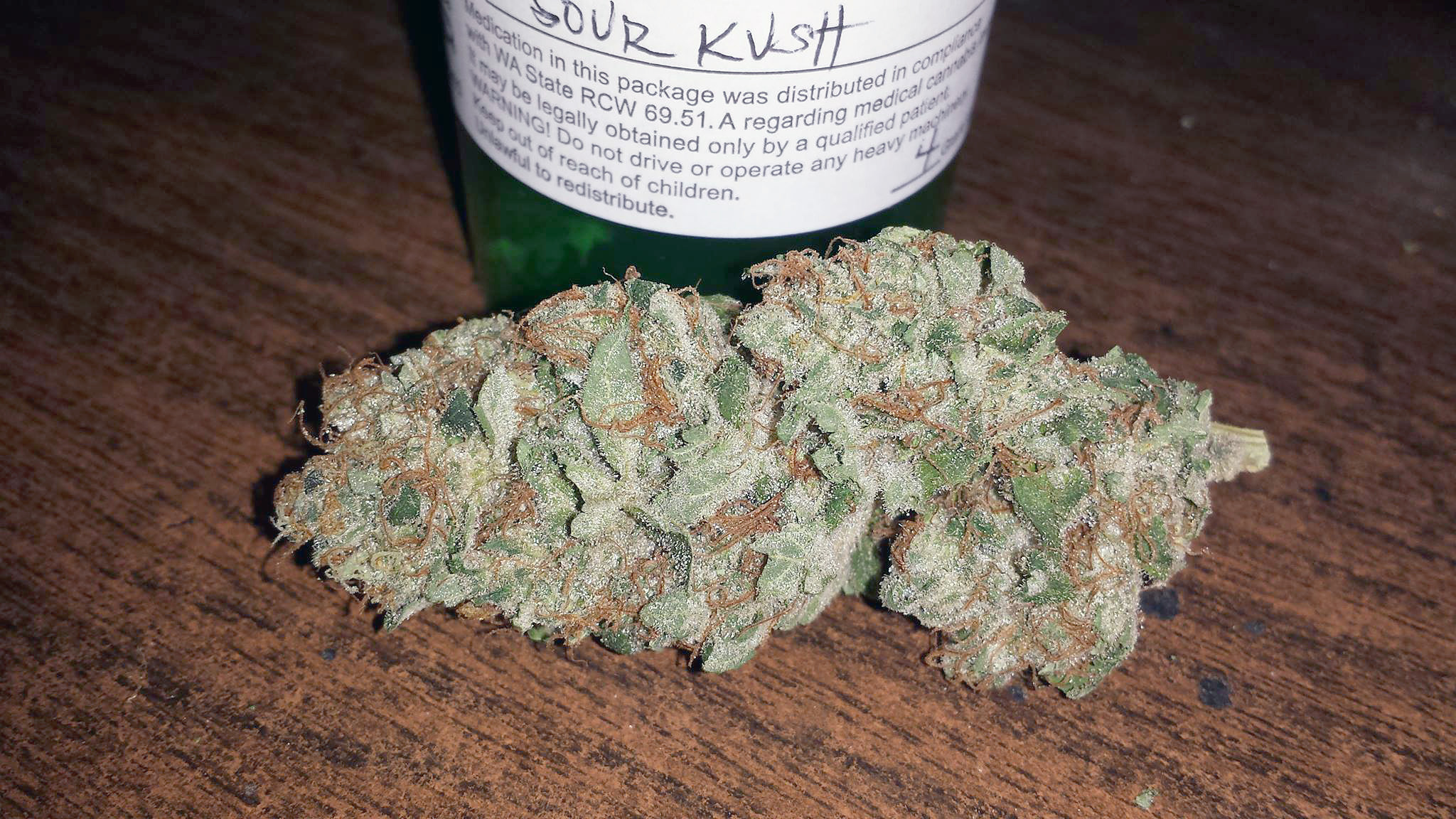To an outside observer not involved in the fight, it must seem curious how often the cannabis community has to “save medical marijuana” in Washington state. Why is it that Washington politicians, from Gov. Inslee on down, have started to define the state’s 15-year-old medical-marijuana law as an “unregulated” problem? And why did patient groups just spend two more days in Washington lobbying (and trying to educate) legislators?
While I can’t definitively tell you why lawmakers just can’t seem to leave the medical-marijuana law alone, I can point to one huge factor in the confusing mess that it’s become in Washington: former Gov. Chris Gregoire’s line-item veto of much of SB 5073 three years ago. That bill—approved by the legislature and sent to Gregoire’s desk, where it was eviscerated—would have expanded safe, legal access to medicinal cannabis and finally would have extended arrest protection to medical-marijuana patients in Washington state.
Gregoire, citing fears of state employees getting busted for administering the medical-marijuana program (which has never happened in any state), vetoed almost all the significant portions of SB 5073. And yet the Governor struck sections which would have formally legalized medical-marijuana dispensaries (which had operated in a “gray area”) and provided arrest protection for patients (the 1998 law provided only an “affirmative defense” through which patients could get marijuana charges dismissed in court).
The governor left in a few meager scraps of the bill’s original language, including portions establishing the right to patient collective gardens, under which Washington’s current dispensaries operate.
The legally complex underbrush left behind is what medical-marijuana advocates still must struggle through, and is the reason that this community must fight a seemingly endless battle to preserve patient access in the face of the implementation of recreational legalization and its attendant shutdown of patient collectives—at least, if the legislature decides to follow the Liquor Control Board’s recent recommendations.
Rep. Eileen Cody’s HB 2149 follows, almost to the letter, the board’s recommendations. SB 5887, sponsored by Sens. Rivers, Tom, and Litzow, isn’t much of an improvement.
But there’s another, better, medical-marijuana bill, HB 2233, sponsored by Reps. Sherry Appleton, Luis Moscoso, Roger Freeman, and Jessyn Farrell. This bill, which has been assigned to the House Health Care & Wellness Committee, would finally provide arrest protection to any MMJ patients who have a recommendation from a physician, without the need to join a state registry (as is required in Cody’s bill). It would also protect patient collectives that procure a simple business license from the state, and would leave unaltered the current 24-ounce, 15-plant limit for patients.
Will the compelling testimony from people like Ryan Day—the Thurston County father of a 5-year-old boy, who told the Health Committee (at a hearing for Rep. Cody’s bill) that the bill’s proposed three-plant limit just wouldn’t provide enough medicine to make the oil which helps stop his son’s seizures—make a difference? I hope so.
tokesignals@seattleweekly.com
Steve Elliott edits Toke Signals, tokesignals.com, an irreverent, independent blog of cannabis news, views, and information.









